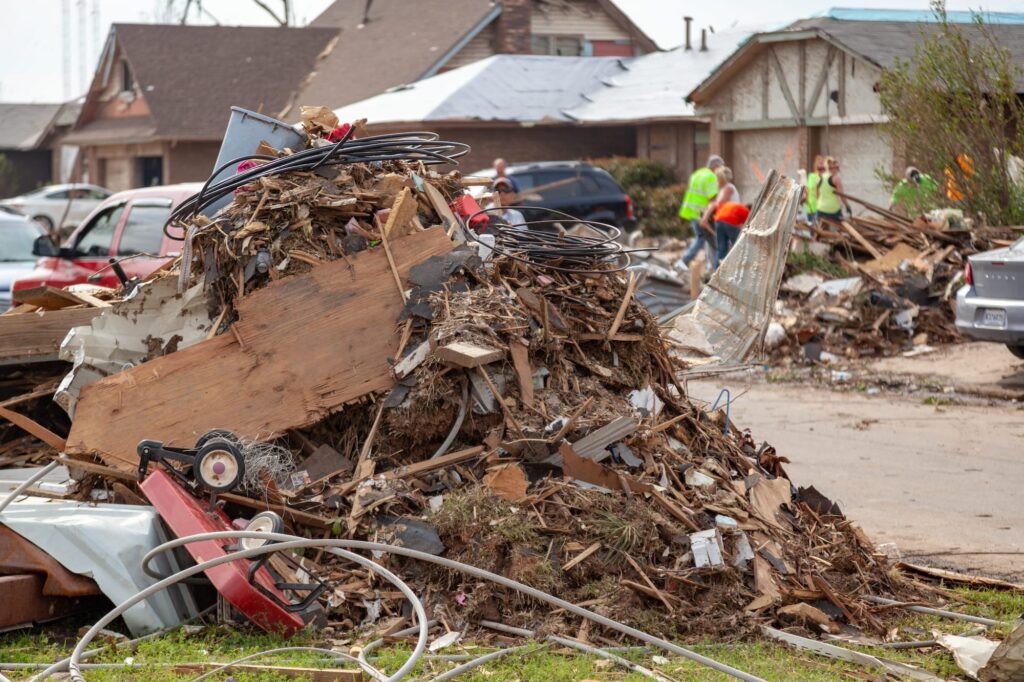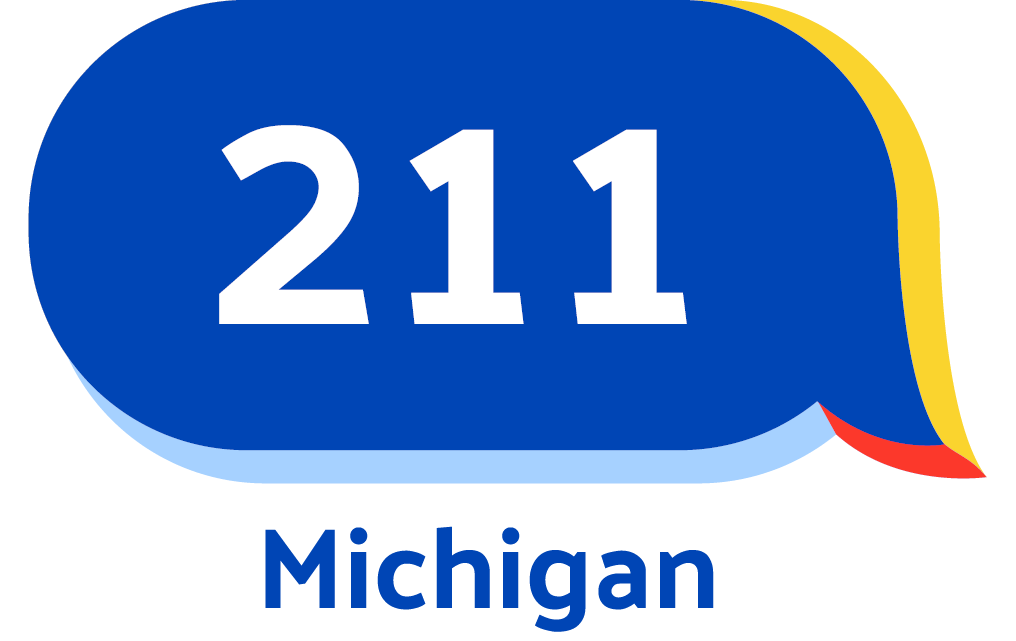Community Resources for Flooding Disaster Recovery, Winter Storms and More
Like every state, Michigan is often faced with a range of natural and unnatural disasters that impact the lives of its population. From winter storms to major flooding to public health crises, many Michiganders have been faced with situations they may never have thought they would be in, with the unnerving question of, “What do I do now,” hanging overhead.
Luckily, there are experts in disaster recovery – emergency managers – working in every county across the state, as well as resources available for residents in need through Michigan 211, which is here to help identify the right resource to help resolve the issue. Michigan 211 connects residents to the support services that they need.
For insight on how Michigan 211 collaborates with key community partners to assist residents in need during times of disaster, following are a few examples of major catastrophes that have occurred in Michigan over the past decade.
Help with Flooding in Michigan

In 2017, Mid-Michigan communities experienced historic levels of flooding following a summer spree of heavy rainfall, leaving many residents of Midland and Saginaw with ruined crops, closed roadways and damaged property. Michigan 211 was able to manage over 1,200 calls from the affected area, almost 800 of which were damage-related, helping locate the best resources in the community – including Midland Long-Term Recovery Group – to work with local residents.
A year later, a similar crisis wreaked havoc in the Upper Peninsula when major flooding in Houghton, MI and its surrounding communities created devastating damage from runoff and sinkholes, forcing residents to act quickly to stay safe and save their homes. Although the UP doesn’t have the population density of its lower counterpart, the regional contact center, UPCAP 211, and its dedicated team of UP partners, such as Copper Shores Community Health Foundation, were very much at the ready to assist with whatever came their way. Michigan 211 handled approximately 1,500 calls in the first three weeks of this disaster, helping residents locate the specific resource they needed.
Another notable period of flooding [noticing a pattern?] came in 2020 when the Sanford and Edenville Dams collapsed in Midland, MI due to infrastructural deterioration and a period of heavy rainfall, forcing thousands of residents to evacuate and causing massive damage to homes and belongings across the region. Over the harrowing summer following the event, many recovery efforts ensued to help Midland residents recuperate from the catastrophe – during which time 211 fielded nearly 3,500 calls for assistance to connect people with the appropriate crisis cleanup and volunteer support through community-based organizations including After the Storm.
Winter Storm Help
Michiganders know their way around a brutal winter, but it can sometimes be too much to handle. Winter Storm Olive covered many Southern Michigan towns with snow and ice, testing the strength and durability of many homes and making any outdoor activity dangerous. During this time, Michigan 211 was able to make 256 referrals – many to local support organizations and shelters, others to National organizations such as the American Red Cross –for critical housing and shelter resources, helping communities defend vulnerable populations against the elements of the storm.
Unfortunately, Disasters are bound to happen, and while adequate planning and awareness can help mitigate the damages a community experiences from these events, it’s impossible to fully prepare due to the unpredictability. Michigan 211 and its many community resource partners are here to help residents avoid devastation before disaster hits and recover from its effects.
Flint Water Crisis Help
The largest and most notable disaster in recent decades struck in 2016 with the Flint Water Crisis, which exposed nearly 100,000 Flint residents to lead-contaminated drinking water due to a major water supply source switch, unintentionally filling the municipal water with lead and other contaminants. Over the first two years of the crisis, Michigan 211 handled over 23,000 calls from residents for emergency support and coordinated 12,000 water deliveries for homebound or limited mobility residents. Although most of the issues surrounding this crisis have been resolved, thanks to the work of organizations such as Flint Rising, Flint Kids Fund, Charles Stewart Mott Foundation and several others, many issues still need to be addressed and 211 is here to continue its support.
Get Help
If you’re struggling to recover from a crisis, disaster or are in need of any health or human service, call 211.

